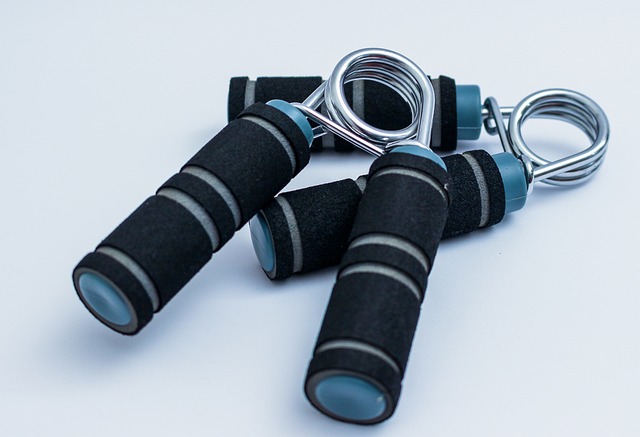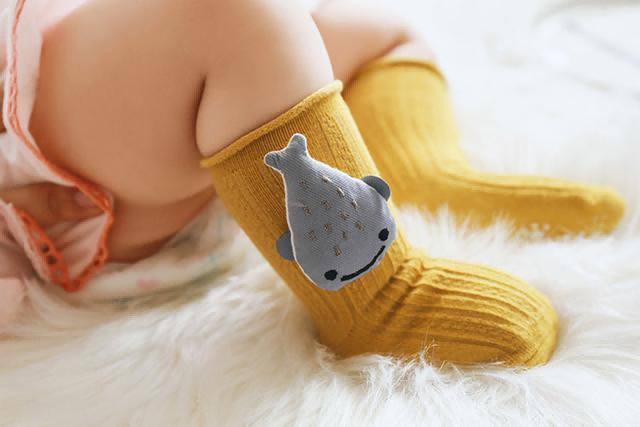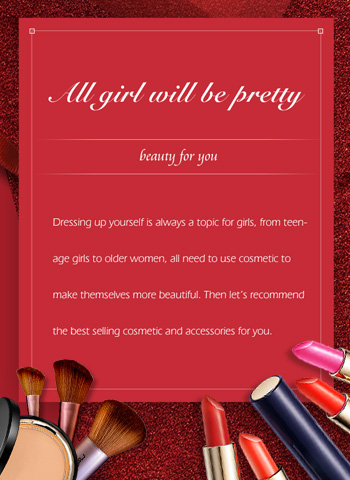How to Choose a Safe Water Bottle
2017-10-23 09:52:52
 Previously, my attitude towards bottled water was clear, but I would keep saying that bottled water was a joke. It is completely unnecessary, unless you are in an unsafe water quality country, plastic bottles make excellent landfill. You can re-use the bottle, but you have to worry about plastic dipping into the water, especially if you are more refilled and reused (and do not paste it in the dishwasher). Taste is not the same thing, I can not expect a person to be happy to drink delicious tap water, but the faucet is absolutely safe to drink, especially if you use a simple filter. If not, most bottled water will not be better because it is usually just repackaged (check the label or cap) if it says "from the municipal source" or "from the community water system" or anything similar to the line, it is Tap water). The sparkling water in the glass bottle is reasonable (the faucet is not a bubble, after all, although you can use it at home, the glass bottle is definitely reusable (I like to fill them with homemade salad dressing).
Previously, my attitude towards bottled water was clear, but I would keep saying that bottled water was a joke. It is completely unnecessary, unless you are in an unsafe water quality country, plastic bottles make excellent landfill. You can re-use the bottle, but you have to worry about plastic dipping into the water, especially if you are more refilled and reused (and do not paste it in the dishwasher). Taste is not the same thing, I can not expect a person to be happy to drink delicious tap water, but the faucet is absolutely safe to drink, especially if you use a simple filter. If not, most bottled water will not be better because it is usually just repackaged (check the label or cap) if it says "from the municipal source" or "from the community water system" or anything similar to the line, it is Tap water). The sparkling water in the glass bottle is reasonable (the faucet is not a bubble, after all, although you can use it at home, the glass bottle is definitely reusable (I like to fill them with homemade salad dressing).
But if you're just after fresh drinking water, the tap will be fine. You can buy a filter if you like ' I do, myself ' or you could locate a nearby freshwater spring, if tap isn't cutting it. The best water I've ever tasted came from a campsite faucet in Lake Tahoe. You could taste the minerals; it was like drinking from a fresh water stream before it got dangerous. I swear, if it didn't mean a eight-hour drive each way, I'd get all my water from that tap. Oh well. I'm getting off topic. Just don't buy crate after crate of water in plastic bottles is the essential gist of my spiel.
Still, bottled water is undeniably convenient, which is why it's probably so popular (along with unfounded fears regarding tap water safety). I can't ignore the convenience factor. I like it myself. Most people just reuse their old plastic bottles, those simple, unassuming polyethylene terephthalate (PET) bottles. It's an environmentally friendly gesture, but it's one that may promote health issues, including the leaching of DEHP ' a potent carcinogen ' with repeated use. And, of course, there's always our old friend, Bisphenol A, to contend with when plastics are involved. He turns up in the darndest of places, but that doesn't mean you should simply throw in the towel. Avoid those old plastic bottles. Then there are the glass bottles. Safe' Yeah, but they're also heavy and fragile ' not the ideal water vessel for active individuals like our readers.
A better option is to go with a permanent water bottle expressly designed for the purpose. There are dozens on the market, but it usually comes down to a standoff between bottles made of polycarbonate plastics, aluminum, and stainless steel. Let’s see if we can find a clear winner.
Polycarbonate bottles
These are the 'safe' plastic bottles; the permanent ones. They're incredibly durable, and they exude an air of impermeability. They don't wither under heat, like the PET bottles, and they maintain their shape. Plus, they often come in neat colors and attractive mesh shoulder slings. All the cool kids are using them, but should you'
I'd stay away. Polycarbonates have been proven to leach BPA into drinking water. There are no good reasons to take any chances considering the reams of animal data showing definitive deleterious effects outlined in the last BPA post.
But what about “BPA-free” plastic water bottles' Despite BPA-free claims I remain skeptical of plastic water bottles. With misinformation and the unregulated state of bioaccumulating pollutants, for my money there are much safer options.
Aluminum bottles
Aluminum is a solid choice. They're pretty durable and very light, but they're also expensive. Aluminum water bottles have become pretty damn trendy, if that weighs on your decision at all. Sure, trendiness can be annoying and all, but at least it shows people are becoming more aware of the folly of buying several plastic bottles of water a day ' and that's always a good thing. Is aluminum the way to go?
I hesitate to give my unequivocal affirmation. While the newest (post 2009) aluminum water bottle models from Sigg are claiming to be free of BPA, all their earlier stuff has it in the interior lining. So, the most recent Sigg bottles are probably safe, but as for the bottles from other, less reputable companies' I wouldn't take a chance. Sigg is the biggest name in the aluminum water bottle game, and if they're only just now ditching the BPA (a move momentous enough for the president to turn into a public statement) in their bottles, I'd be careful about buying aluminum bottles from other companies. And definitely avoid filling an aluminum bottle with acidic liquid (not that PB folks are big lemonade drinkers or anything), which can cause the aluminum itself to leach.
Stainless Steel bottles
Stainless steel wins, in my book. Sure, it's a bit heavier, but it's a proven material, and it won't leach (and if it could, you'd have pure steel running through your veins ' a net win, if you ask me). If you're attacked by a mountain lion, your stainless steel water bottle becomes a dangerous weapon. You can fell the vicious beast, wipe the blood off, then immediately take a sip of refreshing water. You think polycarbonate and aluminum bottles could do that' Please. Wild animals in this country have (sadly) seen more than enough used condoms and faded cans of Budweiser to last them a lifetime. They'd laugh at your plastics and pseudo-metals (who ever heard of a metal that a ten year-old boy could crush underfoot'). If you tried to face down a big wild cat with a polycarbonate bottle, you'd better hope that feral felines are highly sensitive to trace amounts of BPA.
However, strictly speaking, stainless steel is the best choice, followed by the famous aluminum bottle. Using steel, you do not have to worry about strange chemicals, and do not have to spend a lot of cash to keep up with the trend, making it a wise choice for anyone who is interested in a durable and durable permanent bottle. Kleen Kanteen seems to be a trusted manufacturer.
-
Top 7 best-selling home fitness equipment recommendations
2023-03-21 18:18:41 -
China Furniture Wholesale – Your Ultimate Guide
2023-03-07 16:02:51 -
Analysis of the status quo of China's cotton socks industry
2023-02-09 17:15:48















